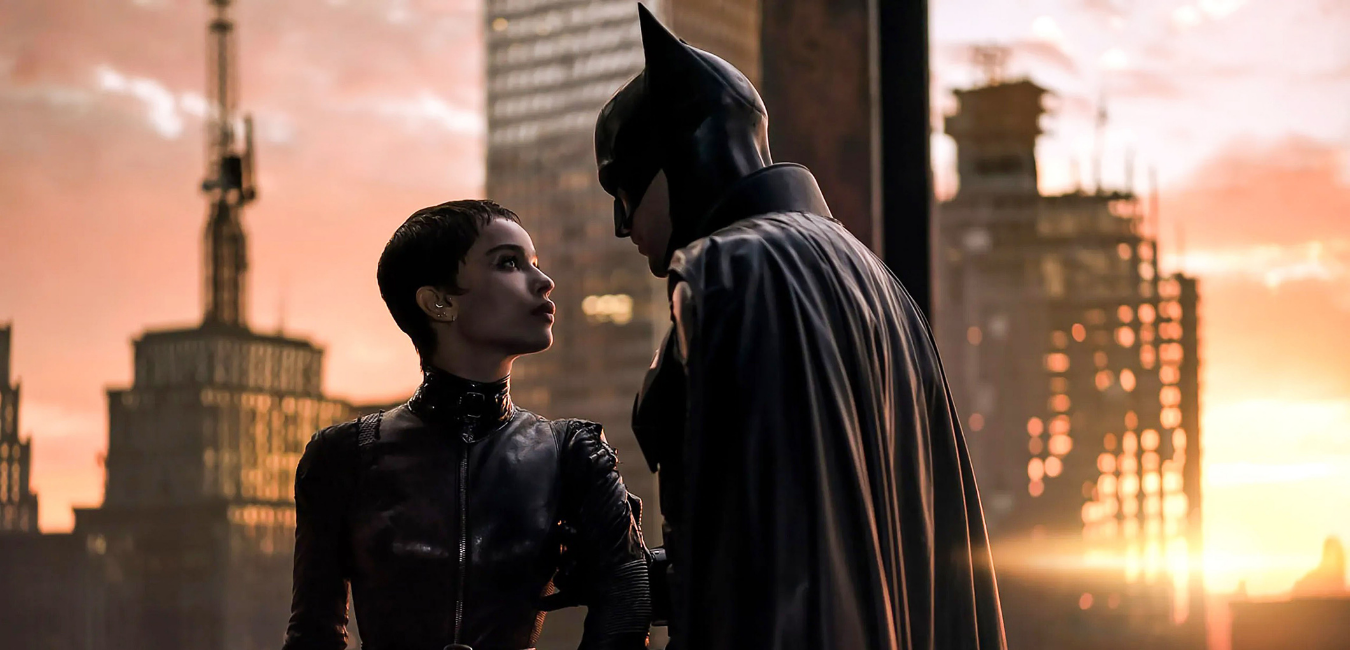Joel Coen journeys into the darkness in 'The Tragedy of Macbeth"

Denzel Washington aims for the throne in Joel Coen’s “The Tragedy of Macbeth.” (A24 Films/MovieStillsDB.com)
For nearly 40 years, the Coen Brothers have become two of the most respected filmmakers of our time, with their collaborative efforts becoming a notable brand in itself. Would these movies be as powerful and engaging if only one of the brothers steered the wheel? It's too soon to tell, but based on Joel Coen's "The Tragedy of Macbeth," the introductory argument is already persuasive.
Based on the dramatic play by William Shakespeare, "Macbeth" brings us within the mind space of its main characters, a Scottish general (Denzel Washington) and his wife, Lady Macbeth (Frances McDormand), as they plot to murder the King of Scotland (Brendan Gleeson) in a desperate attempt to retain their power and influence after winning a war (and thus, Macbeth's military expertise is no longer helpful to King Duncan). The Shakespeare tragedy plays with the supernatural, ambition, insanity, and hubris as the Macbeths gain everything they wish for and the cost and consequences that come with it.
Like many Shakespeare works, "Macbeth" has been adapted several times in film. While I'll confess to not seeing all of the acclaimed versions of the story, I do have an immense appreciation for 1957's "Throne of Blood," an Akira Kurosawa film with his frequent on-screen collaborator, Toshiro Mifune, in the starring role. Kurosawa transports the drama from Scotland to feudal Japan and films the story in exquisite black and white. Coen's version shares the black and white vision, but the setting is even more plainly stark. Production designer Stefan Dechant created an environment that wouldn't feel out of place on the stage. The exterior scenes occur in fog and barren landscapes with lonely figures or structures taking the focus of our gaze. At the same time, the interior walls are so bare that the shapes of doors and openings engulf the characters.
The production sets are stage-ready, but it's combined with cinematographer Bruno Delbonnel's style of light, shadows, and angled positions, creating a visual portrait of characters imprisoned by their surroundings but ignorant of their status until it is too late. This is an adaptation that honors the staged productions of live Shakespeare fully married to the cinematic history of innovation. The visuals alone are worthy enough to recommend the movie.
There's also the acting. Washington is one of the few talents who combines acting gravitas with movie star charisma. Because he does not regularly appear in franchise films, I suspect many people have forgotten that or taken it for granted. But then you watch him on screen, and you remember why he's so special. Washington has the ability to not only hold but demand our attention, compelling us with even a quiet word or a small gesture. With "Macbeth," Washington becomes the first black lead of a Coen feature film. While that notion has taken entirely too long, Washington and Coen is such an intriguing combination that I hope it continues in the future. Washington dazzles with Shakespeare's dialogue, but one can't help but wonder what he would do playing an original Coen character.
McDormand subverts the collected intelligence she brings to roles as a woman whose reach exceeds her grasp, only to fall into madness. Kathryn Hunter delivers another standout performance in the film, portraying the three witches who tempt Macbeth with prophecies, as well as an old man who recounts the events of the plot.
"Macbeth" is one of the rare films in the Coen filmography with an adapted script. With Joel transitioning to working solo, the choice to film a tragedy by Shakespeare gives everybody from the creator to the audience a sense of the familiar. It's an impressive work, and while the Coen brother partnership remains in limbo, "Macbeth" gives us confidence that all is not lost.
Mark is a longtime communications media and marketing professional, and pop culture obsessive.




